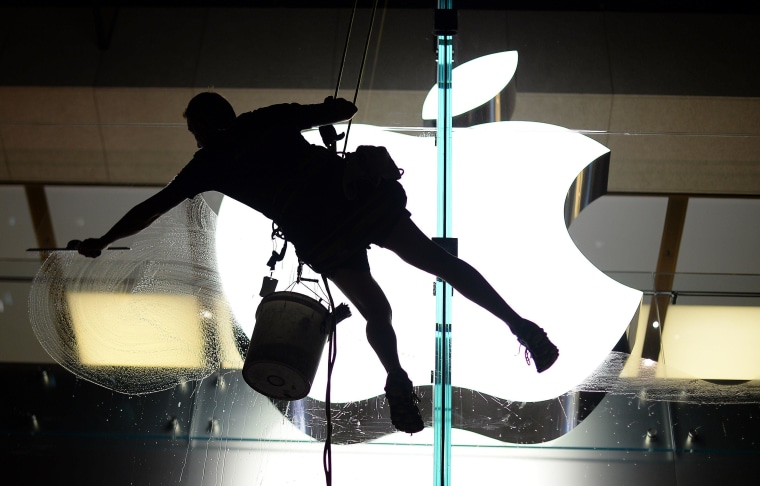A federal judge on Thursday rejected Apple's request for a permanent sales ban in the United States against some older Samsung smartphones, a key setback for the iPhone maker in its global patent battle.
U.S. District Judge Lucy Koh in San Jose, Calif., ruled that Apple had not presented enough evidence to show that its patented features were a significant enough driver of consumer demand to warrant an injunction.

Apple and Samsung Electronics Co. have been litigating for nearly three years over various smartphone features patented by Apple, such as the use of fingers to pinch and zoom on the screen, as well as design elements such as the phone's flat, black glass screen.
Apple was awarded more than $900 million by U.S. juries but the iPhone maker has failed to sustain a permanent sales ban against its rival, a far more serious threat to Samsung.
The ruling on Thursday comes ahead of another patent trial set to begin later this month involving newer Samsung phones, and could frustrate any further attempt by Apple to bar the sales of those models as well.
An Apple spokeswoman declined to comment on the order.
In a statement, Samsung said it was pleased with the ruling. "We ... agree with its observation that a few software features alone don't drive consumer demand for Samsung products — rather consumers value a multitude of features," the company said.
Even though Samsung no longer sells the older-model phones targeted by the injunction request, Apple has argued in court documents that such an order is important to prevent Samsung from future copying with new products "not more colorably different" than the defunct models.
Samsung, meanwhile, argued that Apple was trying to target new Samsung phones in order to instill fear and uncertainty among carriers and retailers.